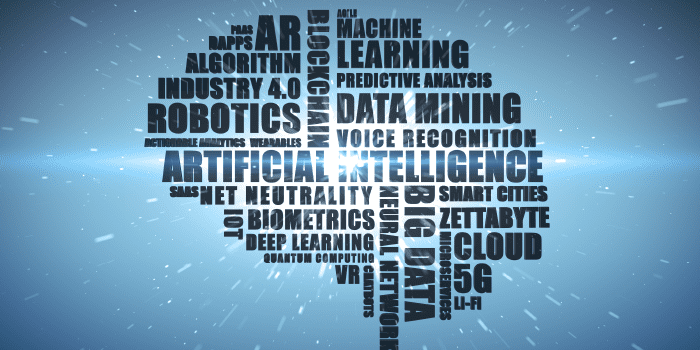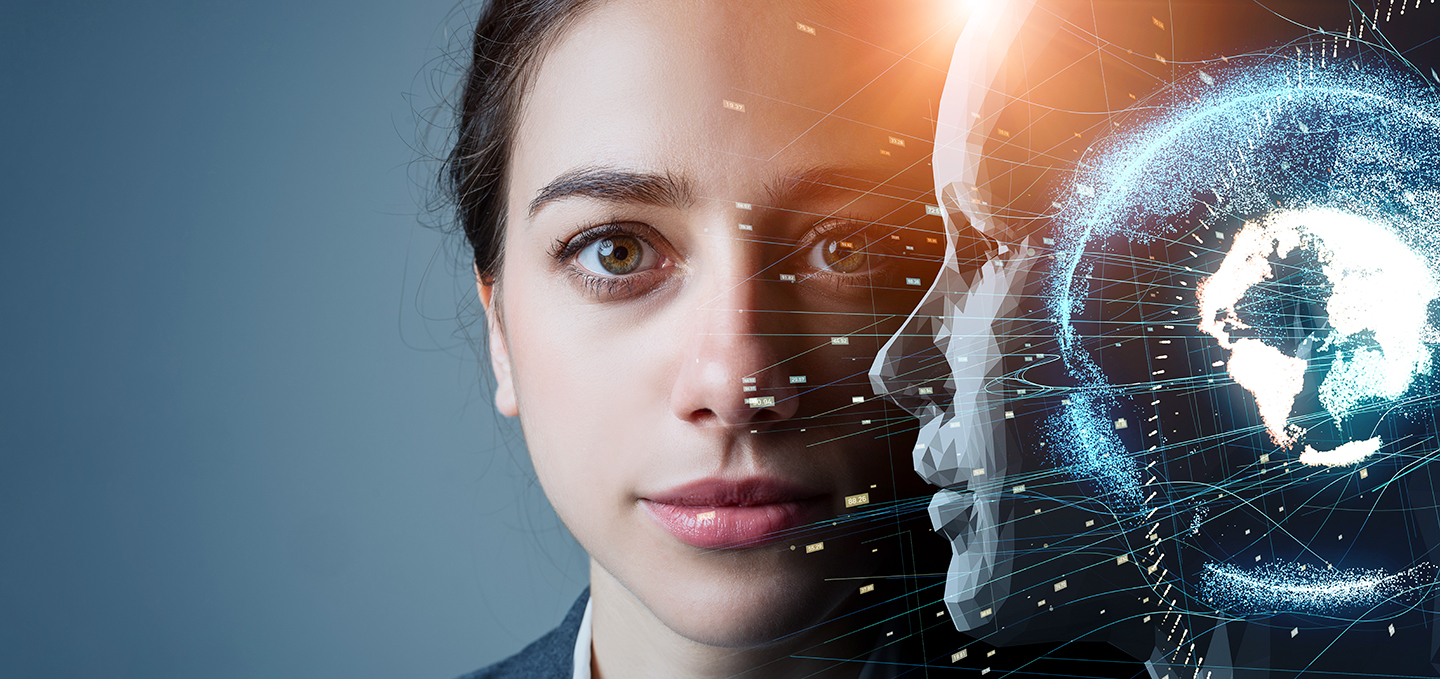From Data to Imagination: Exploring the Impact of Generative AI in the Field of Artificial Knowledge
With the arrival of generative AI, a brand-new age is emerging, one that explores the junction of information and imagination. By harnessing the power of generative AI, we can open the capacity for machines to produce initial and imaginative content. Join us as we explore the remarkable trip from information to creative thinking, and discover the extensive influence generative AI could have on the future of synthetic knowledge.
The Surge of Generative AI
Generative AI has actually arised as a revolutionary area in expert system, reinventing the way machines produce new material and connect with the world. In the last few years, there has actually been a significant surge in the appeal and application of generative AI methods. These techniques enable devices to autonomously develop new and special content, such as images, music, and text, without explicit human input.
One of the essential factors adding to the increase of generative AI is the availability of large and diverse datasets. With the arrival of the internet and the expansion of digital material, large amounts of data are currently obtainable to AI systems. This abundance of data offers the essential resources for training generative AI designs, enabling them to discover and resemble human creativity.

Additionally, the raised computational power and the availability of specialized equipment, such as visual handling units (GPUs), have played a vital duty in the increase of generative AI. These innovations have encouraged AI systems to procedure and evaluate large quantities of information, enabling them to generate material quickly and effectively.
Changing Creative Industries
The growing capacities of generative AI, sustained by improvements in deep knowing formulas and computational power, have actually brought about a transformative influence on innovative industries. This technology has revolutionized the means innovative experts function, opening up brand-new opportunities and pushing the boundaries of human creativity.
Generative AI has actually allowed musicians to check out new realms of creativity by using them devices that can generate unique and novel content. As an example, in the field of visual arts, generative AI formulas can assess existing art work and generate brand-new items based on the style and characteristics of the input. This not only conserves time however likewise broadens the imaginative opportunities, enabling musicians to trying out various styles and methods.
In the music industry, generative AI has also had a substantial influence. It can make up brand-new melodies and harmonies, developing music that was previously unthinkable. This modern technology can even mimic the design of popular musicians, allowing the production of new songs that sound like they were made up by musicians who have actually lengthy passed away.
Furthermore, generative AI has actually located applications in other creative areas, such as style and layout. It can generate brand-new clothes styles, interior formats, and building principles, providing designers with a riches of motivation and increasing the creative process.
Nonetheless, while generative AI provides exciting opportunities, it additionally raises moral questions and challenges standard notions of authorship and creative thinking. As this technology continues to establish, it is essential to strike an equilibrium in between human imagination and the capabilities of AI, making sure that the last output shows the intentions and artistic vision of the human designer.
Enhancing Human-Computer Cooperation
Partnership in between humans and computers is being improved through the assimilation of generative AI, bring about a brand-new period of innovative possibilities. With the innovations in expert system, humans are now able to function carefully with computer system systems to accomplish outcomes that were previously unbelievable. Generative AI, a part of AI that focuses on developing new content, has transformed the method humans and computer systems team up.
Generative AI allows computers to generate web content, such as photos, songs, and text, based on patterns and instances offered by people. This cooperation permits people to leverage the computational power of AI systems to boost their imaginative processes. Musicians can utilize generative AI to produce new aesthetic concepts or explore various designs, while musicians can produce special structures by teaming up with AI-generated melodies.
Moreover, generative AI can aid in jobs that call for big amounts of data handling, such as information evaluation and pattern acknowledgment - generative ai company. By integrating AI systems right into the collaboration process, humans can leverage the computational abilities of AI to examine complicated datasets and remove purposeful insights
Nevertheless, to ensure effective partnership in between humans and computers, it is vital to establish a clear understanding of the duties and duties of each party. Human beings need to give the required support and proficiency, while AI systems can aid in the innovative procedure by producing choices and opportunities. This partnership in between computer systems and humans opens new methods for advancement and imagination, pressing the limits of what is feasible in numerous fields.
Honest Ramifications of Generative AI
As we dig right into the moral implications of generative AI, it ends up being evident that this innovative innovation increases significant worries and factors to consider. Generative AI systems have the ability to develop, generate, and mimic human-like content, such as images, video clips, and message. While this has actually opened new opportunities and opportunities in numerous areas, it has actually also sparked conversations about the prospective misuse and ethical dilemmas connected with such modern technology.
One of the primary worries is the capacity for deepfakes, which are manipulated or made media that can trick and deceive people. With generative AI, it becomes simpler for harmful stars to produce persuading deepfakes, bring about false information, reputational damage, and even political adjustment. This presents a threat to the count on we put in electronic media and can have far-reaching effects for individuals and cultures.
One more moral consideration revolves around the concern of intellectual residential or commercial property. Generative AI systems can create original web content that might infringe upon copyright laws or increase questions concerning ownership and acknowledgment. Identifying the legal rights and responsibilities in such scenarios comes to be a complicated task, especially when AI-generated content is tantamount from human-created material.
In addition, generative AI has the possible to perpetuate and enhance existing predispositions and discrimination present in the training information. If the data made use of to educate these this contact form systems has biased info, the produced material might show and perpetuate those prejudices, bring about unfair or discriminatory results.
Along with these worries, there is likewise a need to take into consideration the impact of generative AI on permission, personal privacy, and safety. AI systems can gather, analyze, and make use of huge quantities of individual data, causing prospective breaches of personal privacy and worries about information protection. The authorization of individuals whose data is made use of to educate and improve these systems have to be very carefully addressed to ensure moral methods.

Future Leads and Challenges
With improvements in generative AI technology, the future holds both appealing potential customers and numerous challenges to conquer. The prospective applications of generative AI are vast and varied. One of the most navigate here exciting potential customers is the ability to create reasonable and tailored content throughout different domains, such as literature, art, and songs. This might change innovative sectors by allowing AI systems to produce one-of-a-kind and ingenious jobs. Furthermore, generative AI has the potential to boost human-computer interaction by developing extra receptive and smart online aides and chatbots.

An additional difficulty is the requirement for advanced formulas and computational power to boost the high quality and performance of generative AI systems. The present limitations in training time and computational sources impede the widespread adoption of generative AI in real-world applications.
Conclusion
In conclusion, the rise of generative AI has substantially affected the field of synthetic knowledge. It has changed innovative sectors by allowing the generation of ingenious and novel material. Furthermore, generative AI has actually improved human-computer collaboration, permitting extra effective and reliable analytical. However, moral implications surrounding generative AI needs to be very carefully taken into consideration and resolved. Looking ahead, future potential customers and difficulties exist in more checking out the potential of generative AI and locating an equilibrium between creative thinking and honest factors to consider.
Generative AI has actually arised as an innovative field in fabricated intelligence, reinventing the means devices produce new material and connect with the world. generative ai company.Generative AI has actually allowed musicians to check out brand-new worlds of creative thinking by providing them devices that can generate one-of-a-kind and see this page novel content. Generative AI, a subset of AI that focuses on developing brand-new web content, has actually changed the method humans and computer systems work together
Generative AI systems have the capacity to produce, generate, and simulate human-like web content, such as images, video clips, and text. Generative AI systems can produce initial material that may infringe upon copyright laws or increase concerns concerning ownership and acknowledgment.